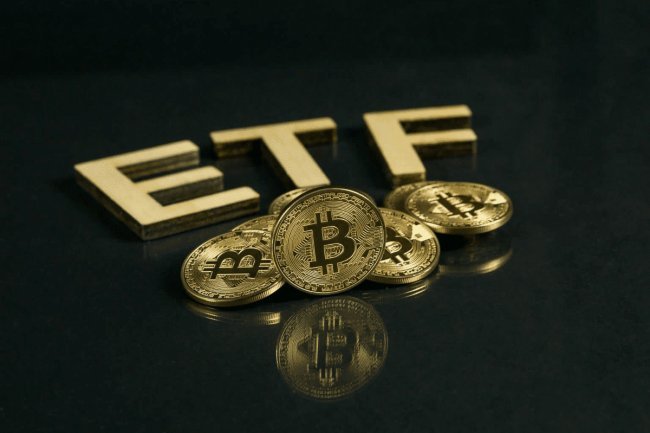Victoria Police Seizes $142K in Cryptocurrency Under New Confiscation Powers
Victoria Police has seized cryptocurrency assets valued at $142679 since August 2023 under new powers granted by amendments to the Confiscation Act 1997. This first confiscation demonstrates the state's commitment to combating money laundering and terrorism financing through enhanced law enforcement capabilities to access digital assets. The changes reflect a broader trend of increasing scrutiny and regulation of cryptocurrencies in Australia and globally as authorities respond to the evolving landscape of digital asset misuse.

Victoria Police Seizes $142K in Cryptocurrency Under New Confiscation Powers
Victoria Police has successfully seized cryptocurrency assets worth $142679 since August 2023 according to the annual report. This achievement represents the first significant confiscation under recent amendments to the state’s Confiscation Act 1997 which now empowers law enforcement to access and control digital assets in the context of criminal investigations.
The successful seizure was made possible by the addition of “SECT 92A Seizure of Digital Assets Under Search Warrant” to the Confiscation Act. This new provision enables authorities to access various digital assets including cryptocurrencies when executing search warrants. In a recent drug investigation officers discovered several “seed phrases” or recovery codes documented among the seized items from suspects. These codes provided the Cryptocurrency Operations team with access to six cryptocurrency wallets that contained assets related to the investigation.
These expanded powers significantly enhance the state’s efforts in combating money laundering and terrorism financing by facilitating the seizure of digital assets linked to criminal activities. This seizure underscores a significant advancement in Victoria’s approach to modernizing crime-fighting tools to keep pace with rapidly evolving technological landscapes.
Under the new legal framework officers are now authorized to secure devices that contain or facilitate access to crypto assets including hardware wallets. They are also permitted to intercept digital communication tools adjust cryptocurrency holdings and conduct transactions to take control of these assets. These measures were implemented due to the growing concern regarding cryptocurrency being utilized as a means for anonymous cross-border transactions in criminal enterprises. Authorities recognize the seriousness of unmonitored financial channels particularly as cryptocurrency adoption increases both in Australia and globally.
The shift in Victoria’s asset seizure approach aligns with a global trend where governments and regulatory bodies are intensifying measures to monitor and restrict illegal financial flows through digital assets. The changes in Victoria’s laws form part of a broader government initiative aimed at regulating the crypto space more stringently. This initiative includes actions from the Australian Securities and Investments Commission (ASIC) which is preparing to require many cryptocurrency firms to obtain financial services licenses under the Corporations Act.
Although cryptocurrency does not always fit neatly into traditional financial categories ASIC plans to release new draft guidance in November aimed at clarifying which digital tokens and products will fall under these regulatory requirements. This updated guidance seeks feedback from the industry and aims to ensure that millions of Australians investing in cryptocurrency can benefit from established consumer protections.
The landmark seizure by Victoria Police occurs in the context of intensified regulatory actions targeting crypto-related crimes worldwide. Numerous law enforcement agencies across various countries including the UK the United States and India have conducted high-profile cryptocurrency seizures connected to criminal operations. Notably on October 31 a 16-year-old from East London faces allegations of using cryptocurrency to raise funds and offer cybersecurity services to terrorist groups such as Al Qaeda and the Pakistani Taliban. While he denies all charges prosecutors claim he ideologically supported these groups raising alarm over cryptocurrency’s potential misuse in financing terrorism.
Globally authorities are increasingly scrutinizing the role of cryptocurrency in illicit activities as terrorist organizations turn to digital assets for funding. United Nations officials have pointed out that while traditional systems like cash and hawala remain prominent the emergence of digital assets including privacy coins and online wallets complicates financial tracking efforts.
Click Here to Visit
What's Your Reaction?
















